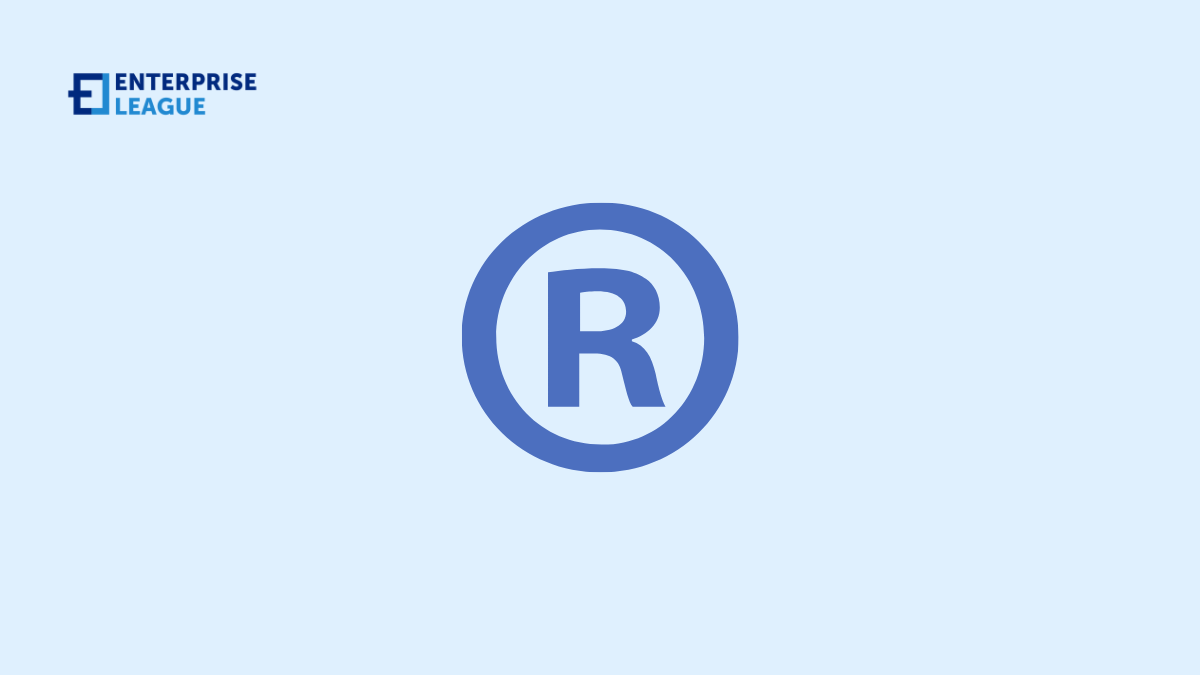What rights and benefits do you have with a trade mark registration
February 21, 2023

What rights give you a trade mark registration
-
Legally enforceable and rights to use that registered mark for the nominated goods and/or services
-
The right to prevent any other party from using a similar brand or business name on goods or services that are similar where such use amounts to trade mark infringement
-
The right to take steps against any other entity that is infringing your rights (you can institute legal proceedings against another trader if they are deemed to have infringed your trade mark)
-
The right to transfer, license, or sell the mark
Benefits of a trade mark registration
Here are some of the benefits you can have if you register your trade mark.
The right to use is immediate
After you register that trade mark, your rights to use that mark in relation to the nominated goods/services are in force.
It will be found in the trademark database
A registered trade mark is listed on a searchable database managed by IP Australia, so it serves as a clear signpost on your ownership and monopoly over it. The database also serves as a public record of when your statutory rights began. (Noting some business operators may have earlier dated common law rights).
You can use it everywhere
Registering a trade mark gives you peace-of-mind that you can use that mark everywhere without fear of infringing on anyone’s rights.
It protects you from the competition
Registration serves as a powerful deterrent to anti-competitive, copycat, or unethical behavior, and also provides protection Australia-wide.
Brand awareness
Registration provides a strong foundation and scaffolding for building brand awareness and reputation.
The right to use the symbol
Registration gives you the legal right to use the ® symbol next to your trade mark. You can use the ™ symbol next to a mark even if that mark hasn’t been registered, but this doesn’t prove any legal rights and rights and it can be difficult and expensive to prove ownership. It’s an offense to use the ® symbol alongside an unregistered mark.
Conclusion
A trade mark registration gives you the proprietary right to use, sell or license that mark and is a powerful strategy for protecting your business’s valuable intellectual property and protecting the viability and future success of that asset and of the business as a whole.
Registration is both a shield and a sword – providing a solid defense and powerful weaponry against anyone who may deliberately or inadvertently infringe on your rights.
However, it’s possible to register a trade mark on your own, but it’s recommended that you get advice from an experienced professional (either an intellectual property lawyer or trade mark attorney) so that the decisions you make are the correct ones.
More must-read stories from Enterprise League:
- What’s the secret to running successful cold email campaigns?
- Get inspired from this list of creative small business ideas.
- All the reasons why we should support local businesses and shop local.
- Find out everything you need to know about the 10 Ds of entrepreneurship.
- Unique and creative guerrilla marketing ideas for small businesses.
Related Articles
In-House vs. Agency: Which Lead Generation Approach Fits Your Business?
Every business needs leads, regardless if they are just starting or have been around for years. Finding people who want what you're selling is crucial for success. But the big question most companies face is: Should you build an in-house team or consider outsourcing...
The Real Reason Your Last Campaign Didn’t Convert
You wrote the email. You built the list. You scheduled it to send at the perfect time. And still, the results were disappointing. The open rates were okay, but click-throughs were dismal, and conversions? Practically non-existent. If you've ever launched a campaign...
What Are the Top-Rated Fuel Cards for Businesses Operating Nationwide
Fuel expenses can eat into operational costs and profits if left unchecked. The bigger the fleet a company has, the more significant the loss. Specialized fuel cards emerge as a viable solution to boosting fuel savings, security, and streamlining expense management....
In-House vs. Agency: Which Lead Generation Approach Fits Your Business?
Every business needs leads, regardless if they are just starting or have been around for years. Finding people who want what you're selling is crucial for success. But the big question most companies face is: Should you build an in-house team or consider outsourcing...
The Real Reason Your Last Campaign Didn’t Convert
You wrote the email. You built the list. You scheduled it to send at the perfect time. And still, the results were disappointing. The open rates were okay, but click-throughs were dismal, and conversions? Practically non-existent. If you've ever launched a campaign...





